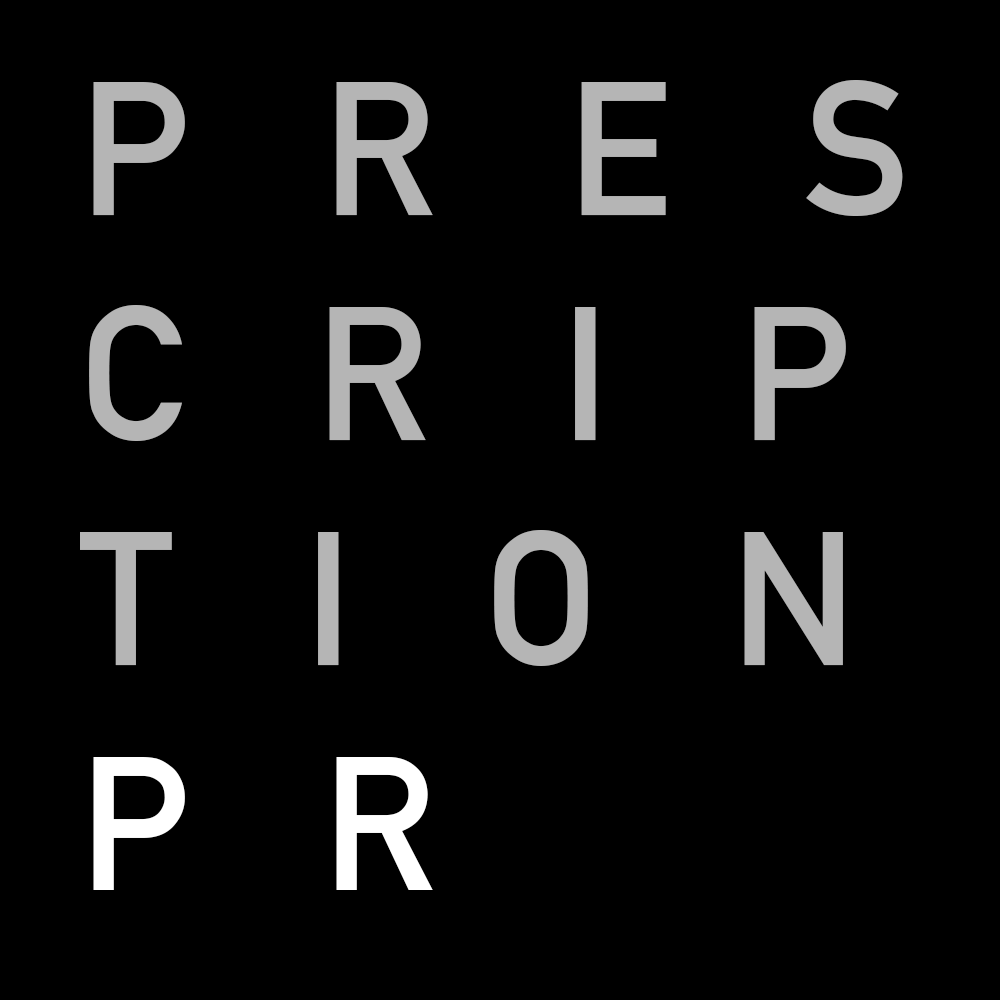Why bands shouldn’t put all their eggs in Facebook’s basket
An article in today’s Guardian caught my eye: “Ello might or might not replace Facebook, but the giant social network won’t last forever.” To save you the hassle of actually reading the article, Ello is a relatively new social network (an ‘anti-Facebook with a conscience’ apparently – given that it’s funded by venture finance capital, I won’t hold my breath about the conscience bit); it is growing at a rapid rate and might one day replace Facebook as the world’s dominant social network (or not).
I suspect that reports of Facebook’s death are likely to be much exaggerated at this point – however, it is worth thinking, from a band’s point of view, about what would happen if Facebook did pop its clogs; it could have serious ramifications for an act.
Right now, bands often focus on building up a Facebook following at the expense of a lot of other stuff. This is usually because a label wants to see a big one before getting the chequebook out (ooh er). As such bands go to huge lengths – sometimes spending a lot of money on advertising – to ensure that they have a healthy number of fans associated with their Facebook page. It makes sense on paper to do this: you get the ability to communicate with a group of people who might one day fork out for a t-shirt, and an A&R guy gets to think that you’re actually popular.
But what happens if Facebook disappears? It sounds like a crazy thought, but it’s not. We’ve been here before after all - remember getting RSI from clicking ‘add friend’ repeatedly on Myspace, and building up an impressive number of said friends…only for those friends (fairweather at best; saucy ladies punting saucy services at worst) to bugger off to Facebook a year or so later?
If Facebook does get supplanted by a newer, hipper network then you may find yourself in the situation of having spent thousands of pounds developing a following that is no longer there. You may have promoted your Facebook page religiously whilst on tour…only to find that the fans you made on tour can’t be contacted, because the only relationship you had with them was one that took place on a now defunct Facebook. This is not a good place to be in.
So how do you protect yourself? Well, by all means continue to advertise your band on Facebook; but don’t just focus on using advertising spend simply to generate ‘likes’ (this, after all, sort amounts to paying Mark Zuckerberg so that YOU can segment his database). Try to capture email addresses as well, by offering people content in exchange for their email address (at the moment, most bands just offer this content in exchange for a like). Or, if you are dead set on generating likes for your advertising spend, follow this up with some Facebook ad promotions aimed at converting the new ‘likers’ into subscribers to your mailing list (run an ad which offers them a second free track by going to your website and joining a mailing list, for example). At gigs, prioritise capturing email addresses over Facebook likes.
The reason it’s so important to capture email addresses is because 1) you are future-proofing yourself somewhat from the doomsday scenario of your Facebook following disappearing and 2) you gain more ownership over the artist-fan relationship – you are in control, generally speaking, of whether somebody sees a communication about your band or not (i.e., you are not relying on a Facebook algorithm). And email addresses allow you to invite people to follow you on other social networks too – you can generally just import your list and send out invites automatically. It’s much easier to convert an email address into a ‘like’ or a follow than the other way round.
I reckon our Facebook followings are safe for a little while yet; but it is worth thinking about what’s round the corner, and considering other ways to bombard people with information. Speaking of which it would be rude at this point not to invite you to join Prescription’s mailing list (please see below).


